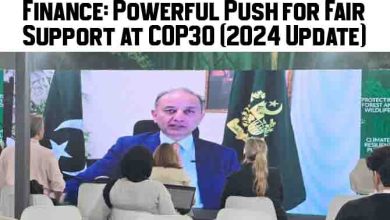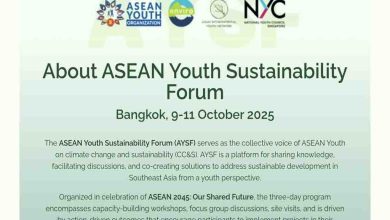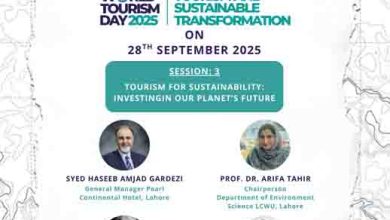Empowering Varsity Students to Lead Green Revolution in Pakistan
Discover how empowering varsity students to lead the green revolution can help combat Pakistan’s climate crisis. Universities are the launchpads for sustainable change.
Pakistan is standing at the frontline of the global climate crisis. From devastating floods to record-breaking heatwaves, toxic air quality, and vanishing biodiversity, the signs are no longer subtle—they’re screaming for action.
But amidst the gloom, a beacon of hope rises: Empowering varsity students to lead green revolution efforts could be the catalyst this nation needs.
Why University Students Hold the Key
With more than 64% of Pakistan’s population under 30, the youth are not just the future—they are the present force of transformation. This massive, energetic, and aware demographic is already bearing the brunt of environmental degradation.
Yet, they are uniquely equipped to lead us toward sustainable solutions—if we empower them.
A pioneering initiative led by an undergraduate from University College London (UCL) in collaboration with WWF-Pakistan brought together students from 15 universities, including:
-
Institute of Business and Management, Karachi
-
University of Punjab, Lahore
-
Khawaja Fareed University, Rahim Yar Khan
-
University of Sindh, Karachi
This participatory project aimed to explore: “How can higher education support environmental sustainability?”
The result? A blueprint for change—designed by the students themselves.
Sustainability in Every Subject
Empowering varsity students to lead green revolution begins in the classroom. Students demanded that sustainability education shouldn’t be limited to Environmental Sciences—it should be integrated across all fields.
Whether you’re an engineer, a business major, or a literature student, climate change impacts your world. Therefore, sustainability should be part of every curriculum.
Key Suggestions:
-
Incorporate climate-related modules in all degree programs
-
Emphasize practical learning: tree planting, waste management, real-world projects
-
Use local examples: floods in Sindh, smog in Lahore, wildfires in the North
-
Train faculty to confidently teach sustainability topics
This academic integration creates holistic thinkers who can innovate across sectors.
Transforming Campuses into Green Hubs
Students voiced that universities must walk the talk.
They dream of eco-friendly campuses that model the change they preach in classrooms.
Practical Proposals from Students:
-
Ban single-use plastics across campuses
-
Install solar panels and rainwater harvesting systems
-
Promote green clubs and sustainability committees
-
Incentivize green behavior with fee discounts and awards
This model transforms universities into living laboratories of sustainability.
Connecting Education with Communities
A core element of empowering varsity students to lead green revolution is ensuring their knowledge reaches beyond campus walls.
Students emphasized the need to work directly with local communities, including rural and under-resourced areas that are most vulnerable to climate impacts.
Recommendations:
-
Make community service mandatory in every degree
-
Partner with civil society, NGOs, and local leaders
-
Share research in Urdu and regional languages for broader accessibility
Education should not be isolated—it must be a social force for positive change.
Fostering Youth Leadership in Sustainability
The most powerful insight from the workshops? Students don’t just want to participate—they want to lead.
They are asking for real decision-making roles in sustainability policies and campus projects.
Their Vision:
-
Involve students in university sustainability boards
-
Allow them to plan, implement, and monitor green initiatives
-
Support student-led innovation, such as eco-startups and clean tech solutions
They aren’t waiting to be invited—they’re ready to take charge.
Conclusion: The Green Revolution Starts Now
Empowering varsity students to lead green revolution is not just a slogan—it is a necessity.
Pakistan is among the top 10 countries most vulnerable to climate change. Yet, our solutions must come from the ground up. And the energy, ideas, and dedication of university students are our strongest assets.
Now is the time to:
-
Turn classrooms into launchpads for climate action
-
Transform campuses into models of green living
-
Empower degrees to become vehicles of change
Let’s equip students with the tools, training, and trust they need to lead Pakistan’s green revolution.







